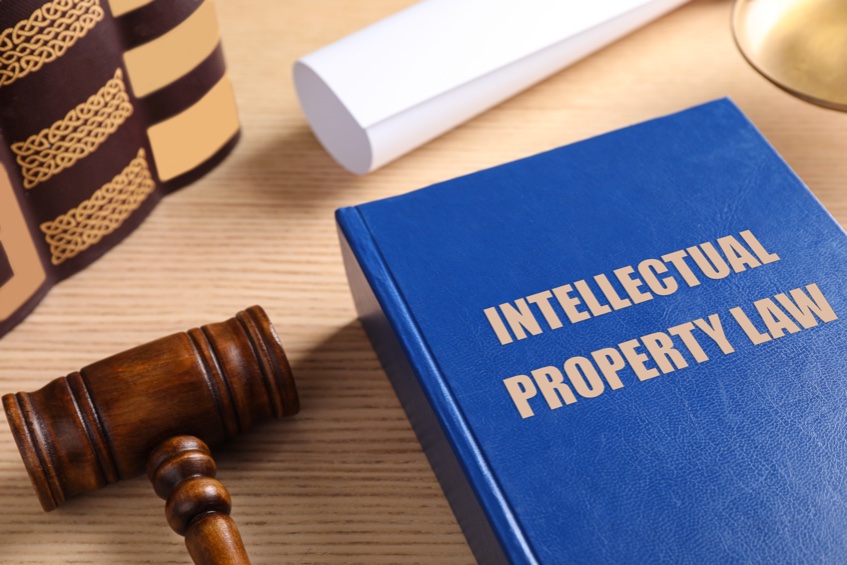Under the Lanham Act, the principal remedies for trademark infringement include (1) injunctive, (2) affirmative, and (3) monetary relief.
Injunctions are the common remedy in Lanham Act cases; and usually include ordering the infringing party to cease and desist from any use of the marks. As for affirmative relief, courts may rule that a defendant take measures to eliminate the infringement from the marketplace, such as ordering; product recalls, corrective advertising, disclaimers, and product destruction. The most common type of affirmative relief is the forfeiture and destruction of the infringing articles, such as labels, signs, packaging, and advertisements.
As for monetary relief, the Lanham Act provides trademark owners five (5) different types of relief as compensation for infringement:
- Accounting – of an infringer’s profits, meaning, money the infringer made from the infringement;
- Actual damages – that the trademark owner sustained;
- Reasonable royalties – representing a measure of the trademark owner’s damages;
- Attorney’s fees – in exceptional cases, and;
- Costs – associated with seeking relief.
A prevailing party is not automatically entitled to monetary relief. Courts have broad discretion to grant monetary damages for trademark infringement. In cases where injunctive relief is enough to satisfy the damage, no monetary relief need be awarded.
As for accounting, its purpose is to make the infringement unprofitable to the infringer. A trademark owner may obtain an accounting without proof of either actual customer confusion or economic loss. And profits may be awarded even if the trademark owner’s actual losses were less than the infringer’s profits.
Plaintiffs may seek an award of profits by arguing a sale gained by the infringing defendant is equal to a sale lost by the plaintiff. Plaintiffs need only provide the defendant’s wrongful sales without proving an actual injury. Sales may be proven by simply establishing proof of the infringer’s gross revenues.
Once a plaintiff establishes the infringer’s sales, it is entitled to an award based on them unless the infringer can prove appropriate deductions. Deductions may only include variable costs such as labor, raw materials and other costs associated with the production of infringing goods. Fixed costs, taxes, and excessive expenses are not deductible.
Plaintiffs may also prove damages by showing actual damages (and not just mere speculation) caused by the defendant’s infringement. Unlike with profits, plaintiffs must prove that actual customer confusion caused an economic loss to recover damages. They must demonstrate a loss of sales or profits, a loss of goodwill, or the cost of corrective advertising. Plaintiffs may prove customer confusion with evidence of diversion of sales or by presenting surveys establishing actual customer confusion.
As for royalties, plaintiffs may recover a reasonable royalty as an alternative to damages, to the extent that they represent actual loss or the infringer’s unjust enrichment. The reasonable royalties are generally awarded in cases where the parties had a pre-existing licensing relationship.
As for attorneys fees and costs, a prevailing party in a trademark infringement action may recover attorneys’ fees in exceptional cases. Courts will consider factors such as willfulness, malice, and fraud when authorizing such enhanced damages. In cases where the Plaintiff elects actual damages and can establish willful counterfeiting of the mark (for products), the court has discretion to grant three times the calculated damages (known as “treble damages”), in addition to attorney’s fees and prejudgment interest.



